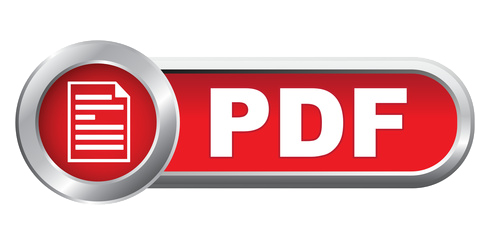Health, Safety & Security / Health & Safety
Incident Command System
HH223
No Schedule Course Found, You can Request Schedule or ask for a proposal to get as in-House for your team. Request eProposale
The target audience for this course is all personnel who are expected to perform in a management capacity in an Area Command or Multi-agency Coordination Entity. This course provides training on and resources for personnel who require advanced application of the Incident Command System (ICS). This course will include but not be limited to: major and/or complex incident/event management, area command, and multi-agency coordination. This course is designed to provide overall management skills rather than tactical expertise.
- How to apply ‘best-practice’ concepts and procedures for multi-agency Command, Direction, and Control for a large-scale emergency response
- How to rapidly establish a pre-identified unified command structure
- Understand the sequence of events that must occur on-scene for efficient multi-agency management to take place
- How to identify the principal factors and any potential problem areas found in, or related to such complex major emergencies
- How to establish a process of applying resources to rapidly changing events to achieve specific goals
Persons who will serve as command or general staff in an ICS organization, select department heads with multi-agency coordination system responsibilities, area commanders, emergency managers, and multi-agency coordination system/emergency operations center managers.Persons involved with emergency planning, response or recovery efforts.
- Introduction, define the classifications and types of an Emergency
- Consider the International ICS best practices
- Define ICS
- What are the primary strengths of ICS?
- North America: Components of the U.S. and Canadian ICS
- Five major functions: Incident Command; Operations; Logistics; Planning & Administration
- Nine principles for each of the above functions
- Incident Assessment
- Role of the Incident Commander
- Multi-agency On-Scene Management
- Common Terminology
- Modular Organization
- Integrated Communications, Warnings and Alerting
- Unified Command Structure
- Consolidated Action and Evacuation Plans
- Manageable Span of Contro
- Presentation & Slides
- Audio Visual Aids
- Interactive Discussion
- Participatory Exercise
- Action Learning
- Class Activities
- Case Studies
- Workshops
- Simulation
Terms & Conditions
ACTrain reserves the right to alter the Course Schedule without Prior Notification, Fees Quoted are Subject to Terms & Conditions Outlined in ACTrain's Registration Policy







